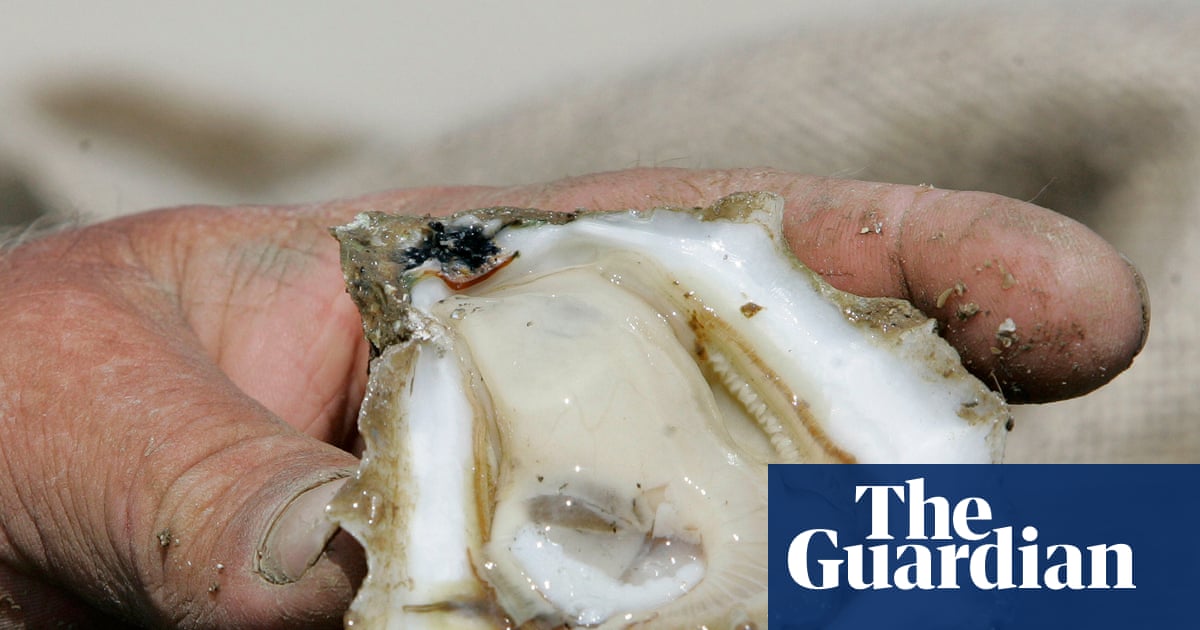
"Heather O'Leary, professor of anthropology at St Petersburg's University of South Florida (USF), partnered with student composers and faculty from its music department to create Oysters Ain't Safe, a soft jazz alternative to crunching data into a boring technical report. The arrangement, she said, uses the universal language of music to express the impact of over-harvesting, habitat loss, the climate crisis and the spread of forever chemicals on Florida's fragile oyster reefs."
"You wouldn't probably spend your Saturday morning or Friday night digging through some of these government databases, but you already have the tools in your body as a hearing person, or looking at or creating art as a visual person to perceive some of it, she said. If you're watching somebody sing, or dance, parts of your brain light up as though you yourself are dancing or singing, and through that, deeper forms of connection are made."
"O'Leary said there is no intention to make light of the collapse in Florida oyster reefs, which led to fish and wildlife officials suspending oyster harvesting in 2020 for at least a five-year period. My response to that is we do need a sense of what's called radical optimism, because when things get too dark, people are only human they need to turn away, they need a break, she said."
A University of South Florida anthropology professor collaborated with student composers and music faculty to create Oysters Ain't Safe, a soft-jazz piece translating oyster-research data into music. The arrangement uses music to convey the effects of over-harvesting, habitat loss, climate change, and the spread of forever chemicals on Florida's oyster reefs. The project aims to engage broader audiences by leveraging embodied responses to music and visual art to foster connection and make the crisis more approachable. Marine science and music graduate students worked together under a music professor's guidance to prepare a live performance scheduled for the next USF concert in January. Fish and wildlife officials suspended oyster harvesting in 2020 for at least five years due to reef collapse, and the project emphasizes sustaining hope and "radical optimism" while avoiding trivializing the ecological emergency.
Read at www.theguardian.com
Unable to calculate read time
Collection
[
|
...
]